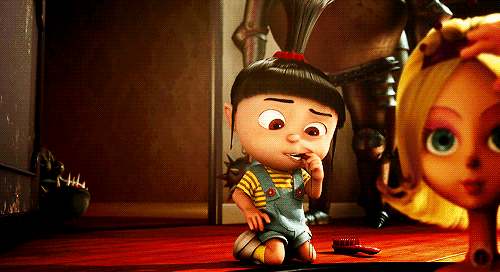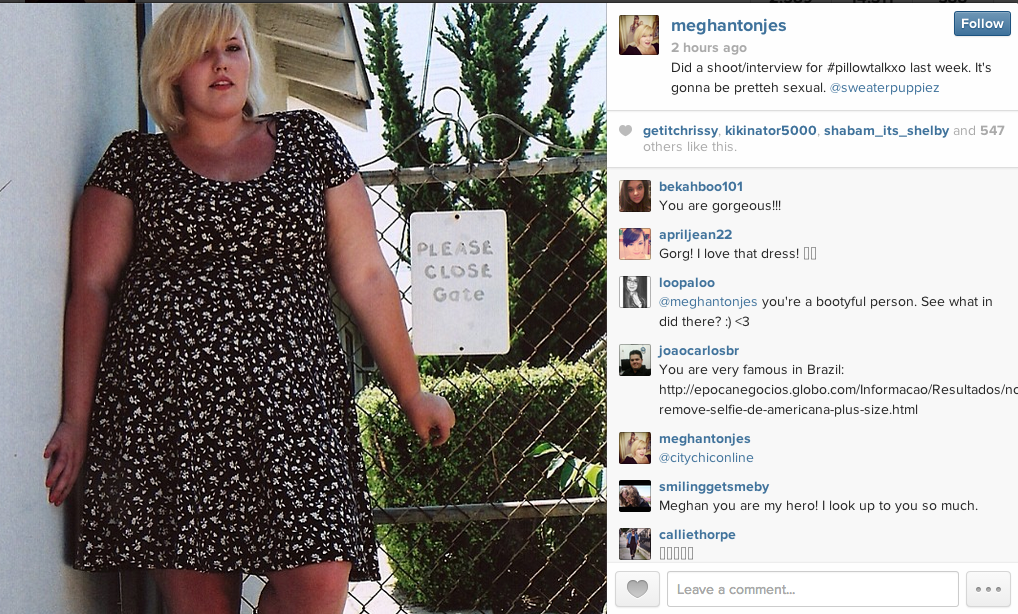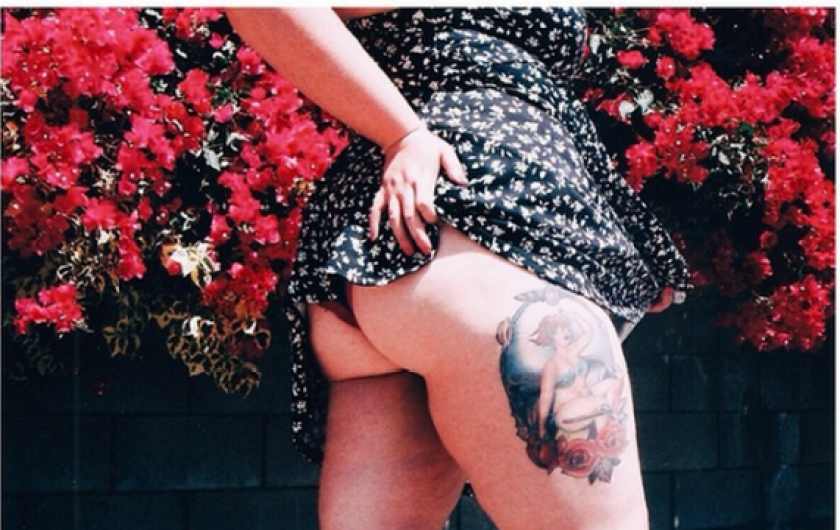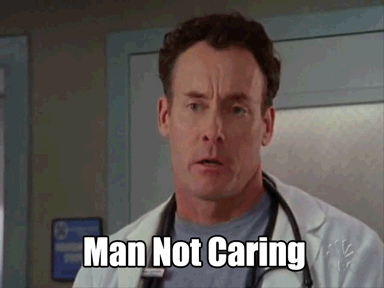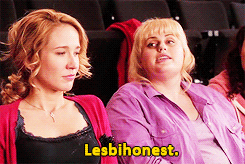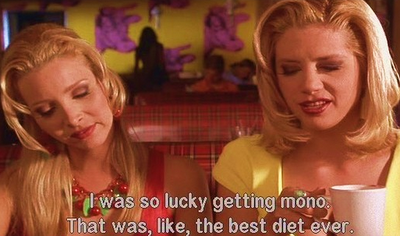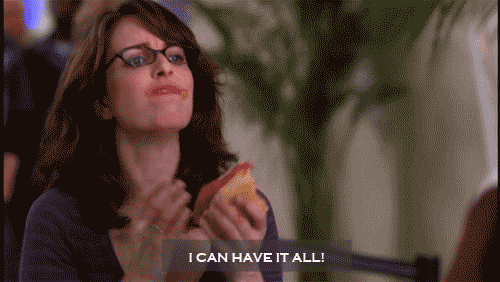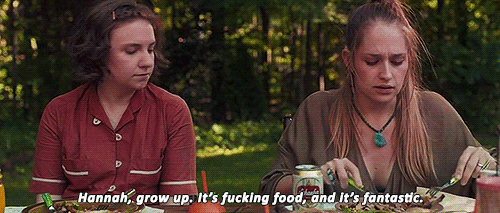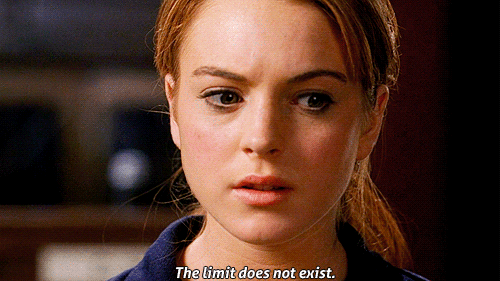I’m all for self-care, but I’ve got to draw the line somewhere.
And since that line’s not made of drugs, it’d best be made of sugar.
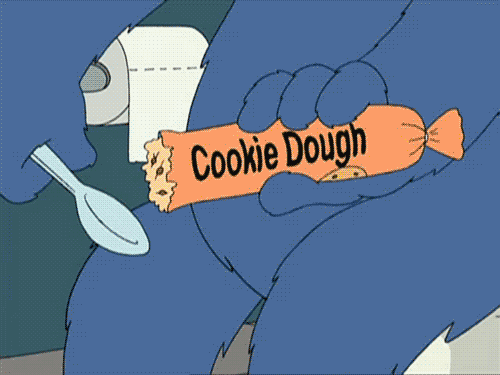
Or at least a sugar substitute for my latte. HashtagMyCoffeeIsAHotMilkshake
I keep hearing that “quitting sugar” will help with skin or concentration or – something. I dunno. The bottom line is that it will help me remain hot into old age. The only problem is – everything that’s not actual sugar seems to cause cancer.
There’s saccharine – created on accident while trying to make a chemical dye back in the 1800’s. That should say it all. But when it didn’t, the fact that it caused cancer in rats should have. I mean, sure. Everyone shat themselves and put warnings on the labels for a short while. But by the 90’s the warning’s got retracted after an update that the saccharine cancer only happens in the lab animals – not us.

Mmhmm.
Then there’s aspartame.
I remember my parents keeping a can of aspartame infused soda in the pantry like some tin trinket of effervescent posterity. As the years passed, it slowly expanded the way my dad’s waistline did after discovering Starbucks’s confection section. Any time my wrist crossed its path en route for morning Cheerios, all I wanted to do was chuck the fckking thing against the wall to experience the wave of explosive euphoria that happens upon crashing carbonated impact.
And justified, I was, it would seem.
The rats eating aspartame landed a litany of shit – blood, breast, and kidney cancers. You name it. And I don’t want to hear that “it’s just in rats” crap. We do about four point kajillion experiments on those furry fuckers to confirm all sorts of other diseases and medication usefulness. You can’t just change the rules to sell your awful product.
Especially when you cater the ONE experiment you do on humans to yield the results you want. The research on aspartame that said humans consuming it didn’t get cancer – only studied the demographic sliver of young folk.
To be fair, that might just be because all the old people who volunteered are dead.
Of, ya know, aspartame cancer.
Of the safest sugar shoe-ins, sucralose (AKA Splenda) just might be our best bet. It’s known for being sweeter than the previous two, non-caloric, and … not broken down by the body? Wait, is that a good thing?
And there’s also Stevia (Truvia). It’s about as many times sweeter than sugar as I am after a triple tall mocha. But as someone who uses stevia in marginal amounts, I can say it’s almost worth the thin. Almost. And that “it tastes like licorice if you have too much” account on wikipedia is a dogshit description.
I made that mistake – dumping too much in my tea one time. ONCE.
And I still haven’t managed to erase the taste of burnt M&M’s doused in gasoline and napalm.

But let’s get down to the meat and couch potatoes. In Yale’s fatty study on people who lace their meals with counterfeit cane, it turns out they’re usually tubbier than those nomming on the au naturale.
But that shouldn’t be surprising.
Doesn’t take a rocket scientist to see why the scales are rocketing to the right. The reason they’re so fat is because they keep eating exponential gobs of grub covered in shit-sugar that doesn’t have caloric benefits in the first place.
First, it’s that thought of, “Maybe if I try harder, the next bite will taste less like punishment. And they say that until the meal is done.
And when that expectation fails to fulfill itself, you’ve eaten a meal full of nothing (AKA non calorie). So not only is your mouth muscle unsatisfied, your actual body is too.
Thus, the urge rises to wash away the aftertaste of baby diarrhea – by demolishing any remaining contents of your fridge with your face.
So, the rule is. Be fearless of real sugar – in bits.
Then you won’t have to fear fat or half these diseases science snarls atchya.
